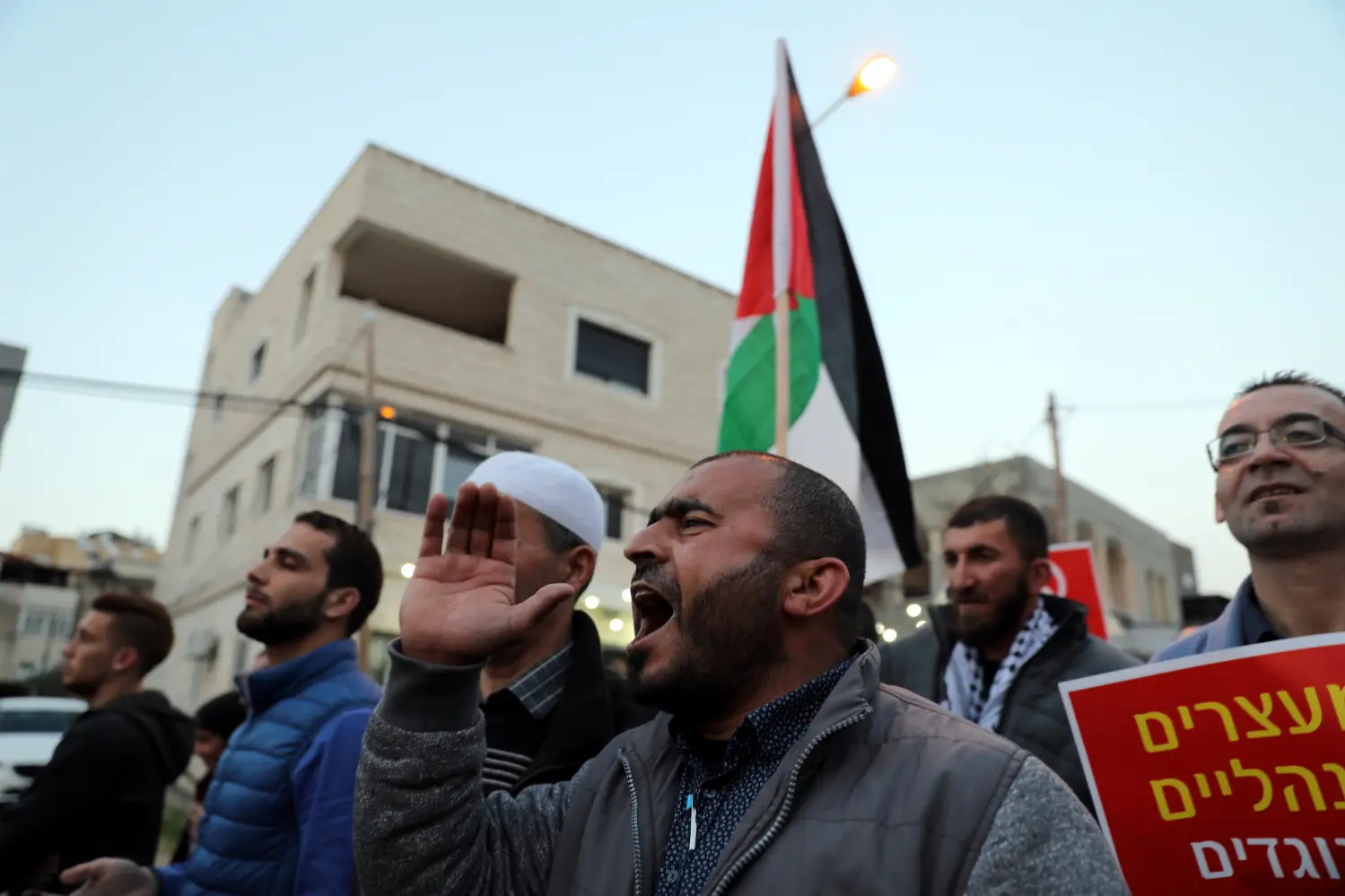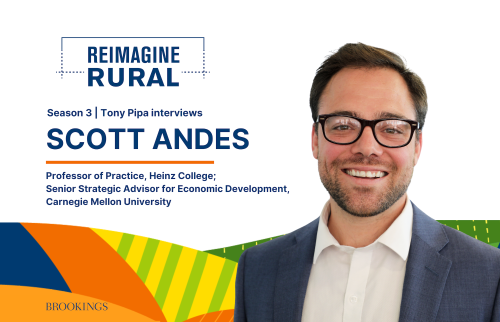We continue here Brookings’s ongoing video interview series with Islamist leaders and activists, as part of our Rethinking Political Islam initiative. We asked each participant to discuss the state of his or her movement and reflect on lessons learned from the crises of the Arab Spring era, including the rise of ISIS, the Syrian civil war, and the 2013 military coup in Egypt. We will release these videos over the coming months as part of our “Islamists on Islamism today” series (for our previous interviews, see here and here).
During our trip to Istanbul in April 2016, we had a wide-ranging conversation with Rabih Dandachli, formerly the head of the political bureau of the Beirut office of Lebanon’s Gamaa al-Islamiyya (Islamic Group), a Sunni Islamist organization that is often considered the country’s Muslim Brotherhood analogue.
Dandachli opens the conversation by discussing a paradox: the need to assert his party’s Islamist character in a crowded political field without alienating non-Muslims and non-Islamists. Later, he discusses the appeal of ISIS and the need to speak frankly about religious factors. He argues that, despite the group’s distortion of scripture, young people may be attracted to the organization due, in part, to a fixation on Islam’s earliest days. Dandachli also reflects on the militarization of politics in Lebanon, arguing that governance failures, skyrocketing refugee populations and spillover effects of the Syrian civil war are all dangerous contributing factors.
The Brookings Institution is committed to quality, independence, and impact.
We are supported by a diverse array of funders. In line with our values and policies, each Brookings publication represents the sole views of its author(s).






Commentary
Islamists on Islamism: An interview with Rabih Dandachli, former leader in Lebanon’s Gamaa al-Islamiyya
December 20, 2016